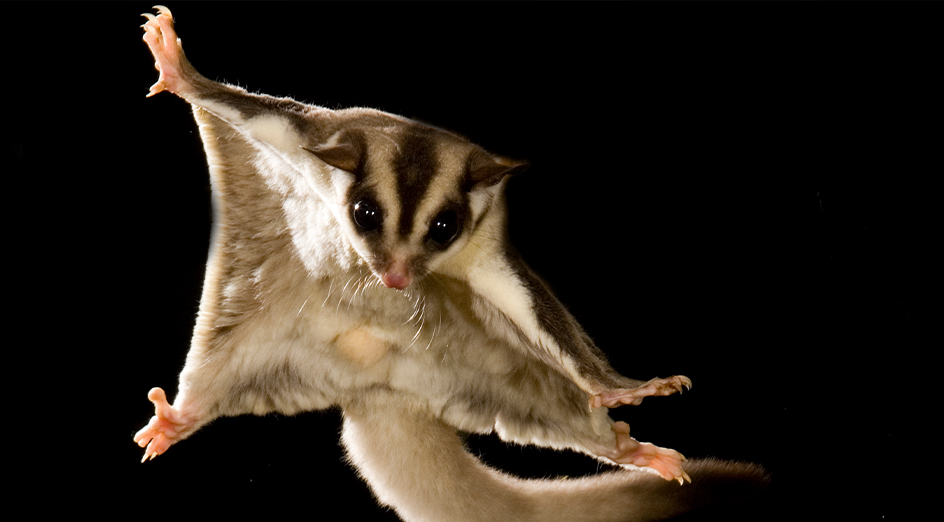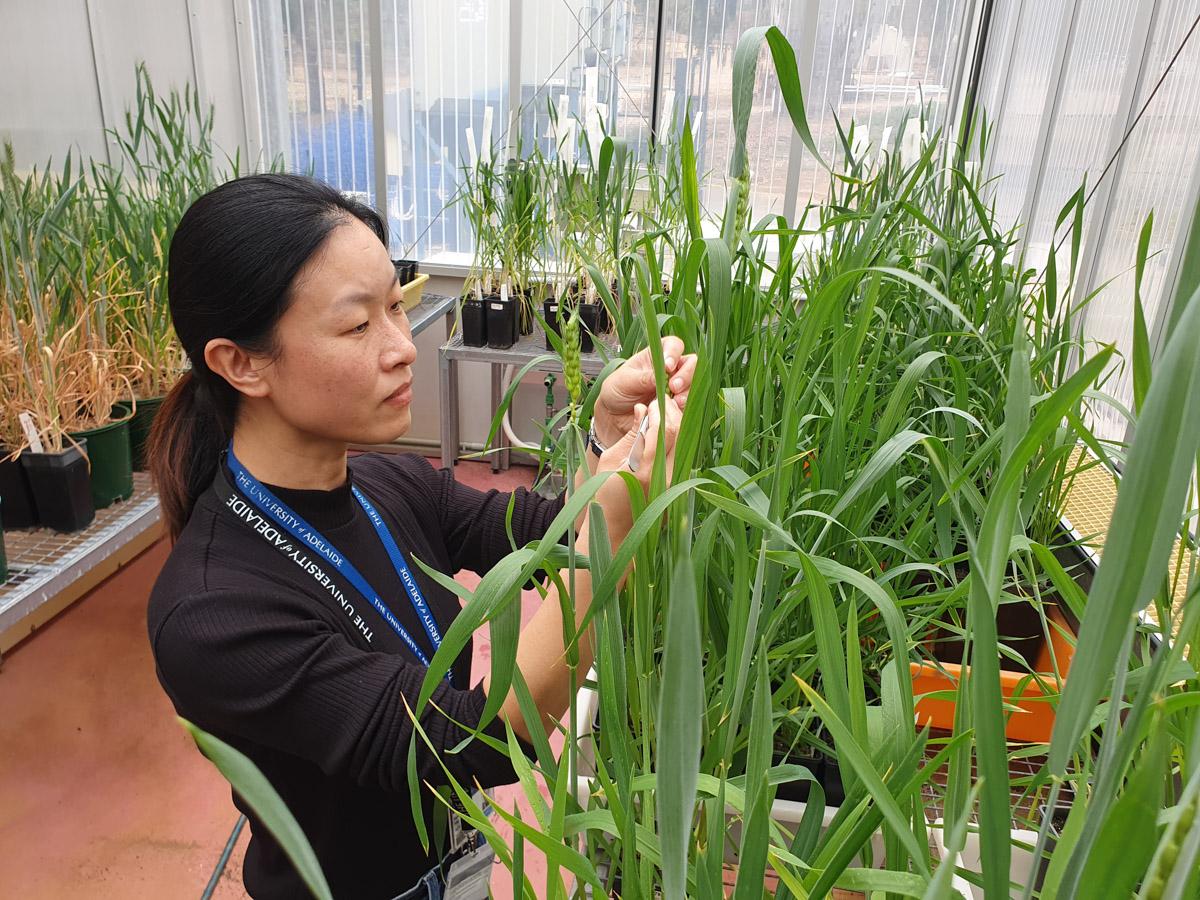The Australian Border Force (ABF) is warning all importers of bee smokers about the rise of asbestos detections found in these products.
Asbestos is a Tier 1 prohibited import under the Customs Regulation 2015. Breathing in asbestos fibres can have devastating health effects and is known to cause asbestosis, lung cancer and mesothelioma.
Unlawfully importing products with asbestos can carry significant penalties such as fines of up to $222,000 or three times the value of the goods, whichever is greater, and/or imprisonment for up to five years.
Battery-powered electric and manual smokers are commonly advertised to the Australian market on online shopping websites by international sellers, however the majority are cheaply obtained.
The manual model requires manual force by squeezing a bellows constructed with woven cloth-like material that often includes a high concentration of asbestos. While the electric model has a small motor and fan contained within an attached handle. An insulation board situated between the handle and the canister is often made with bonded asbestos.
Professional and amateur apiarists should be wary when purchasing bee smokers from suppliers outside Australia. Whether purchasing for their own use or intending to sell in Australia, importers should exercise caution and check with the supplier as to exactly what the material is, as some parts used to construct the smokers are being exported from countries with no asbestos bans in place.
Between September 2021 and 31 January 2022, the ABF detected 39 imports of bee smokers at the Australian border which were at risk of potentially containing asbestos. Thirteen were identified for business entities with the remaining 26 in individuals’ names.
Importers should seek accredited assurances from suppliers before importing these products into Australia. Further information regarding this can be located at the ABF asbestos information page.
A declaration of no asbestos from the overseas supplier, on its own, is not evidence. If adequate assurance is not provided, importers will face delays and may be responsible for costs incurred when the goods are held at the border for the purposes of sampling and testing by qualified professionals.
For non-commercial importers, these cost will likely far outweigh the actual cost paid for the bee smoker. If the bee smokers are found to contain any level of asbestos they will be seized for disposal. The costing associated with testing and disposal can vary and it is up to the importer to organise.
While the ABF understands bee pollination is essential for the health of people and the planet, asbestos is a particularly hazardous substance, one which the ABF will actively prevent from entering the community.








